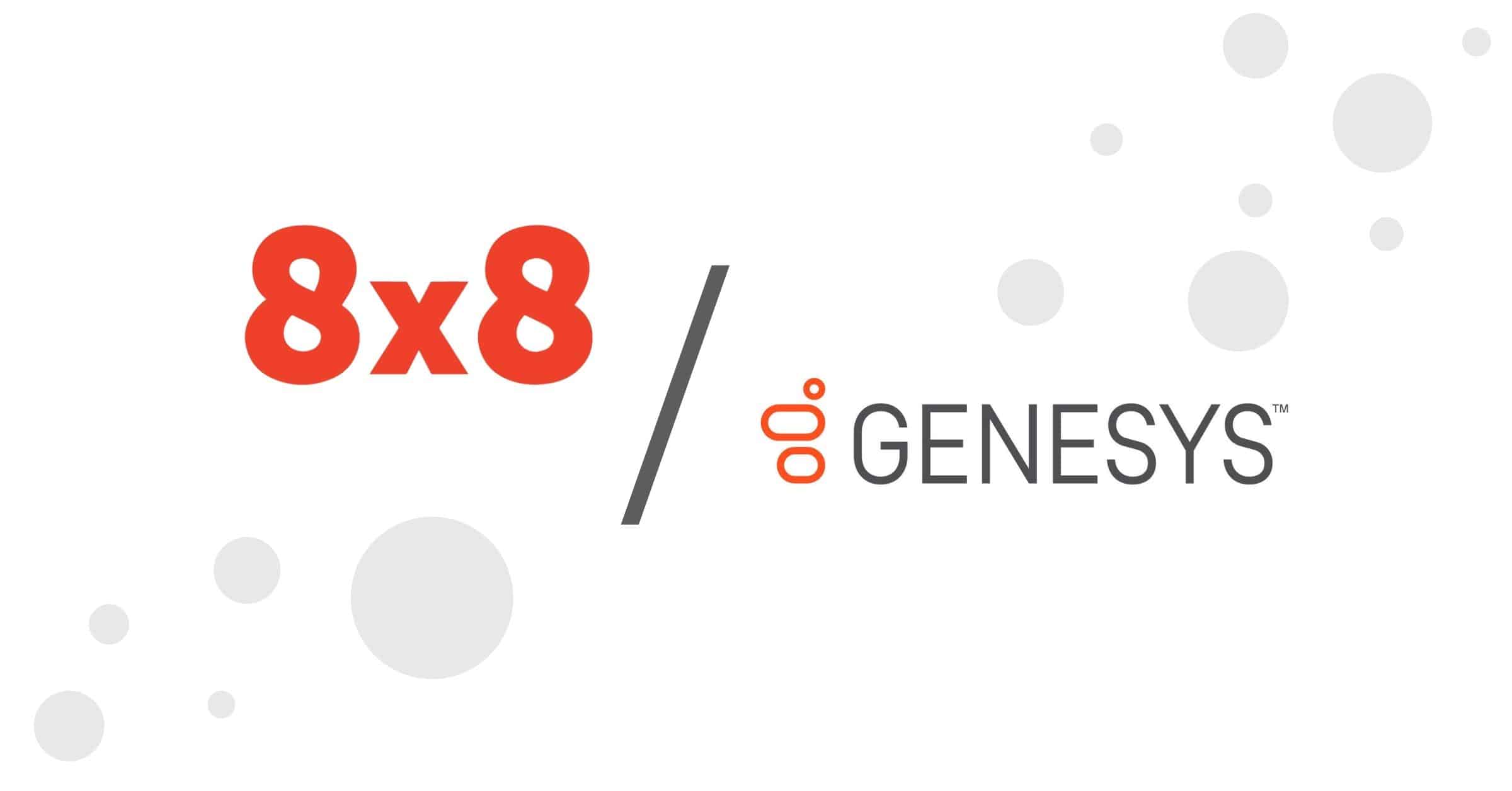Mitel MiVoice Connect End of Life is Here
**This article has been updated on 10/10/2024 to include new information and dates provided by Mitel. The end isn't just near; it's here. Mitel...
Learn about our company and our
customer-first philosophy
Put a face to the name and learn
more about our team
Get in touch to learn more about
our partner services
We specialize in a variety of industries, which enables us to offer unique insights
Read the latest and greatest about what
we've been up to
Join our newsletter to get our
latest resources delivered to your inbox
See how we’ve helped businesses
improve their communications
See the latest rankings and reports
for the Gartner Magic Quadrant in
UCaaS and CCaaS
Visit our growing library of resources about cloud and the customer journey
Enjoy reading our frequent articles
written by us for you
If you've missed a recent webinar or event, no problem, access them here
We'll make sure you receive our recent
posts and resources directly to your inbox

As the modern contact center moves its focus towards a true omnichannel experience where customers can receive high levels of service via text, web chat, email, and social media, do we still need to be focused on traditional phone calls? It’s an interesting question since the pandemic has led to a massive shift in communication channels.
According to Pew Research, social channels have exploded in usage over the past year, especially within younger demographics. Customers are connecting with their favorite brands more than ever before through social channels such as Instagram, Facebook, and other social sites. Web chats, SMS, and in-app chats have also grown in popularity while email inquiries have remained on par with recent years.
However, that alone is not a signal in decreasing voice calls. In a recent survey, Twilio found that 58% of all Americans have reached out for support over the past 12 months and 66.8% of respondents preferred phone calls over any other channel. While that may seem contradictory to the previous statistics provided, it gives critical context to consumer expectations. We will discuss a few of those trends below and how it relates to voice.
While the modern contact center has grown in terms of channels it supports, support reps are finding that their customers are using those channels in a variety of ways. For example, a web chat is a great way to reach out while shopping online to ask questions about stock levels or promotional pricing. Video chat is growing in popularity for product support, while text or email has become an easy way to ask questions on the go.
Each of these channels serves a niche within your customer base to request information in a fast, convenient way. As you incorporate more of these channels, it alleviates a direct burden on your customer service representatives during high call volumes.
However, a large part of resolving customer issues during the first interaction is moving from a multichannel to an omnichannel environment within your contact center. While you may be engaged on more channels than ever before, having your agents on separate platforms for each channel means that they probably do not have a seamless view of customer histories. This leads to more transfers, more validations, and ultimately longer hold times with inferior levels of service.
Modern cloud contact centers eliminate these problems by allowing your agents to switch from text to a chat or a video call whenever it is appropriate, all within the same platform with a centralized customer database. That allows each rep to accomplish more with each interaction while remaining highly efficient as well.
As your contact center matures on a modern CCaaS platform, tools like advanced IVR’s, skills-based routing and workforce management continue to make voice communication more efficient—even when the interactions start on other channels. The real goal is to provide a seamless experience so that your text, email, voice, and video don’t feel like completely different channels, with completely different levels of service to the customer.
The trend in business communications is clear. Consumers of all ages are seeking unified experiences across their favorite devices and channels. If you’d like to learn more about how to deliver those experiences, contact Converged Technology Professionals today or subscribe to our monthly newsletter.
If you enjoyed this article you may also enjoy:

**This article has been updated on 10/10/2024 to include new information and dates provided by Mitel. The end isn't just near; it's here. Mitel...

Genesys and8x8are working together to create a product integration that combines the power of 8x8 Work and Genesys Cloud CX. It enables the premier

These days, themodern contact centerand Bluetooth headsets go together like oil and water; they will rarely be 100% compatible.

The rising expectations of customers have made experiences even more important than the product or services that businesses provide. When a consumer...

Genesys and8x8are working together to create a product integration that combines the power of 8x8 Work and Genesys Cloud CX. It enables the premier

Contact centers have thehighest average voluntary turnover rateof any industry. The Human Resource Institute reports that the average expense to...